
NEW RULES
12-04-2024 by redazione
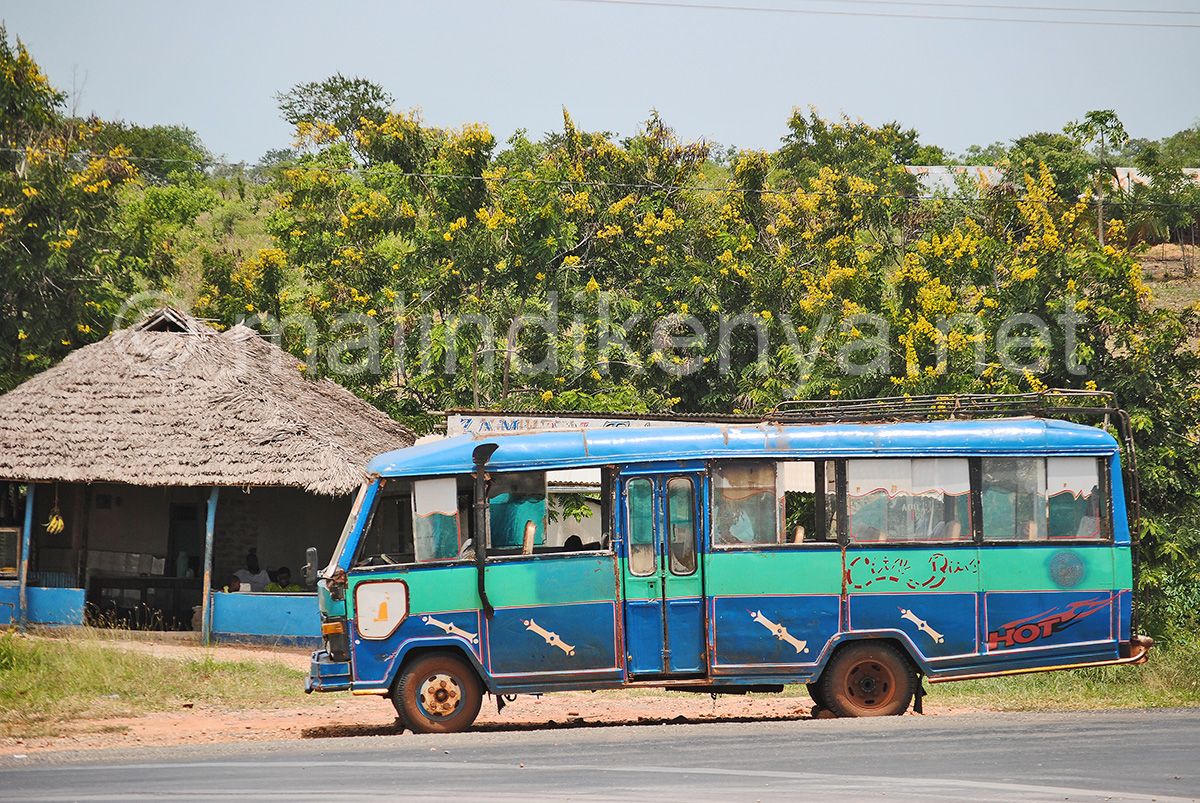
A new government directive, although the aim is sacrosanct, risks creating problems for the passenger transport and tourism sectors, especially for airport transfers. To stem the growing number of road accidents, which are often caused by the high speed of those driving the vehicles. The Minister of Transport, Kipchumba Murkomen, has decided to ban the use of 'minivans' such as the Voxy, Noah, Sienta and others (almost all Japanese) and 'station wagons' such as the Toyota Probox and Succeed, for public transport, i.e. to no longer issue the PSV (Public Service Vehicle) licence for these vehicles, which is compulsory for those who carry out services of this kind.
On the other hand, as far as minivans, the so-called 14-passenger 'matatu' are concerned, Murkomen guaranteed that speed limiters will be installed on all these vehicles, just as it is already compulsory on trucks and large buses.
The aim is precisely to prevent road accidents and limit as much as possible the number of victims, which in the first three months of 2024 reached a sad record, exceeding 1,200, not counting the injured.
What happens to foreign tourists who, for example, arrive in Mombasa and rely on supposed 'taxis' that come to pick them up directly from the tourist resorts that are their final destination (Watamu, Malindi, Diani, Kilifi)?
They often rely on word of mouth, on supposed agencies or drivers who are supposed to be in order, perhaps contacted on social networks. The advice of the portal of Italians in Kenya is to ask them, before organising the transfer, with which vehicle they will do it and whether they have a PSV licence. In the first case, at this point it is clearly better to have a sedan than one of the vehicles banned by the Ministry of Transport, and in the second case, be prepared, in case the driver is stopped for a roadside check, to pass yourself off as his dear friend or face the consequences of the new situation.
In the meantime, the government has promised that within 30 days licences for all means of transport will also be reviewed and drivers' licences and vehicle status checked. As always, the issue around here is not the goodness of the initiatives put in place, but its crystal-clear implementation.
by redazione

New taxes and mandatory rules for small public transport in Kenya.
This is...
NEWS
by redazione
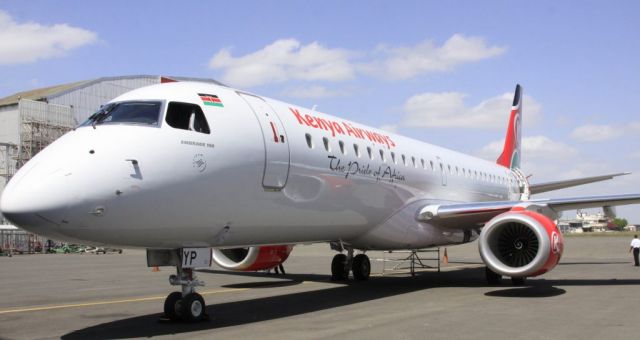
There will be no mandatory quarantine for foreign tourists who, as of August 1, 2020, will...
NEWS
by redazione

Only six more months for the road and transport system on the coast to change for the better.
The government...
NEWS
by redazione
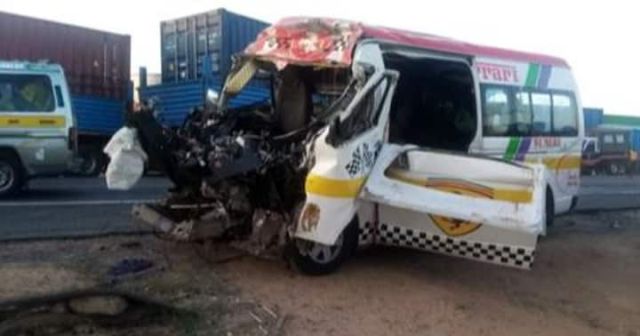
A reckless overtaking by a lorry on a stretch with a continuous strip and poor visibility, the extremely violent...
NEWS
by redazione

Accidents in Kenya, as well as Uganda, do not subside during the peak period for public transport in East...
NEWS
by Freddie del Curatolo

In Nairobi and Mombasa, but now in every other city and town in Kenya, matatu are considered the...
NEWS
by Freddie del Curatolo

One of the most evocative images of Africa "on the road" sees a matatu, the classic 14-seater minibuses that take...
AMBIENTE
by redazione
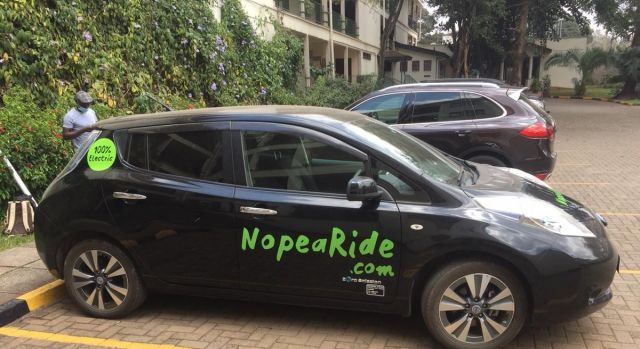
Finnish electric taxis are arriving in Nairobi to combat pollution and reduce...
NEWS
by redazione
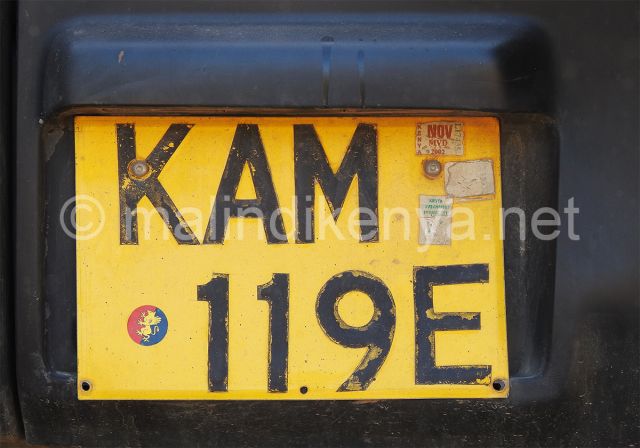
All car and motorbike owners in Kenya, even non-residents, have 18 months to convert their number plates...
ECONOMY
by redazione

The French car manufacturer Peugeot has started assembling its vehicles in Kenya at the Kenya Vehicle Manufacturers (KVM) Thika site. Peugeot is in fact the latest multinational that will be manufacturing vehicles in the plant near Nairobi.
IN KILIFI
by Freddie del Curatolo

She was returning with her husband to Malindi, to their second home, in that Kenya that Antonella...
LATEST NEWS
by redazione

Matatu versus bus at 2 a.m., all the occupants of the local 14-seater bus plus the...